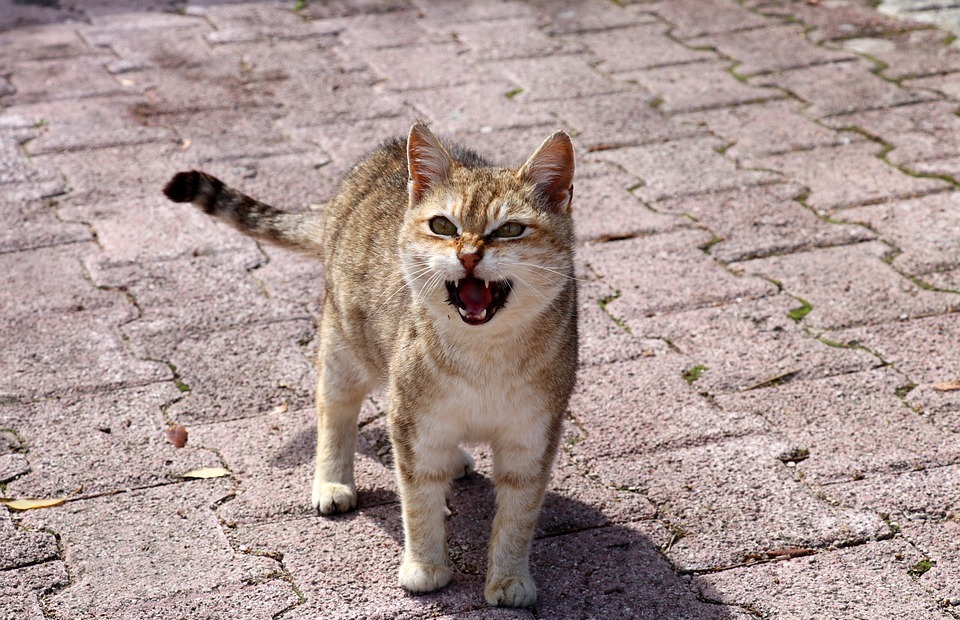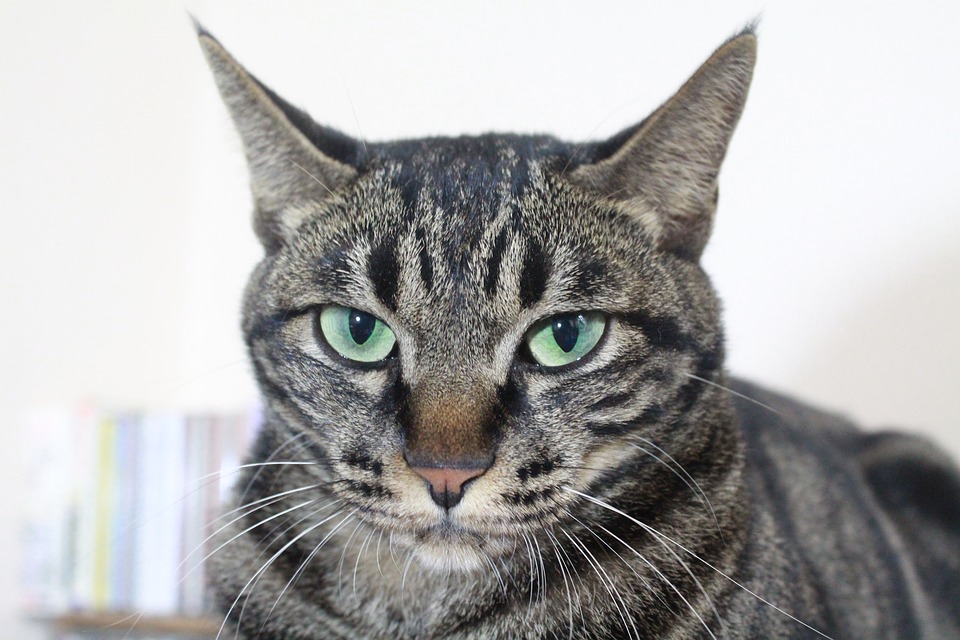This comprehensive guide dives deep into the fascinating world of feline sleep, examining the reasons behind their seemingly endless naps, the variations in their sleep patterns, the different stages of sleep they experience, and the potential health implications of excessive or insufficient rest. We'll also address common questions and provide practical tips to ensure your feline companion gets the optimal amount of sleep.
Part 1: The Enigma of Feline Sleep

1.1 A Deep Dive into Cat Sleep: Why Do They Sleep So Much?
Cats, those enigmatic creatures, are renowned for their sleep-filled days. But why? It's not just about laziness. Their slumber is a reflection of their evolutionary history, their physiological needs, and their natural instincts. We'll explore the fundamental reasons behind their extensive sleep patterns.
1.2 The Evolution of Feline Sleep: From Wild to Domestic
Feline sleep patterns have evolved over millions of years, adapting to their environment and lifestyle. Wild cats, like lions and tigers, spend a significant portion of their day sleeping, a strategy that allows them to conserve energy and prepare for their next hunt. Domestic cats, despite their domesticated lives, still retain these ancestral tendencies.
Part 2: Understanding the Rhythms of Cat Sleep

2.1 The Science of Cat Sleep: Unraveling the Stages
Just like humans, cats experience different stages of sleep, each with its unique characteristics and functions. We'll delve into the intricacies of these stages, exploring the roles of REM sleep (Rapid Eye Movement) and NREM sleep (Non-Rapid Eye Movement).
2.2 The Power of REM Sleep: Dreaming, Memory, and Emotion
REM sleep, often associated with vivid dreams in humans, plays a crucial role in memory consolidation, emotional processing, and brain development in cats. We'll uncover the significance of this active sleep stage and its contribution to feline well-being.
2.3 Deep Sleep in Cats: The Crucial Role of NREM Sleep
NREM sleep, characterized by decreasing brain activity and muscle relaxation, is crucial for physical recovery, energy restoration, and tissue repair. We'll explore the importance of deep sleep (N3) and its impact on a cat's overall health.
Part 3: The Factors Shaping Cat Sleep Patterns
3.1 Age: From Energetic Kittens to Relaxed Seniors
Age plays a significant role in determining how much a cat sleeps. Kittens, with their rapid growth and development, require much more sleep than adult cats. Senior cats, on the other hand, often experience a decrease in energy levels and may sleep more frequently.
3.2 Breed: The Influence of Genetics
While not a definitive factor, certain cat breeds are known for their activity levels, which can influence their sleep patterns. For instance, Siamese cats, known for their playful nature, may sleep less than a more laid-back breed like the British Shorthair.
3.3 Individual Personality: A Unique Sleep Signature
Just like humans, cats possess distinct personalities. Some cats are naturally more energetic and require more stimulation, resulting in shorter sleep durations. Others are content to relax and nap, leading to longer sleep sessions.
3.4 Environment: The Impact of Surroundings
The environment plays a crucial role in a cat's sleep patterns. A stimulating and engaging environment with opportunities for play and exploration may encourage a cat to be more active during the day, leading to less sleep. Conversely, a boring or restrictive environment could lead to increased sleep.
3.5 Health: When Sleep Patterns Signal Trouble
Various health conditions can affect a cat's sleep patterns. Hyperthyroidism, for instance, can lead to increased energy and restlessness, impacting sleep duration. Chronic pain or discomfort can also disrupt a cat's sleep.
Part 4: The Importance of Sleep for Feline Well-being
4.1 Physical Health: Sleep as a Vital Tool for Recovery
Adequate sleep is fundamental for maintaining a cat's physical health. It allows the body to repair damaged tissues, strengthen the immune system, and regulate hormones. Sleep deprivation can weaken the immune system, making cats more susceptible to illness.
4.2 Mental Well-being: Sleep for a Healthy Mind
Sleep is crucial for a cat's mental well-being, playing a role in processing emotions, consolidating memories, and reducing stress levels. Sleep deprivation can lead to mood swings, anxiety, and aggression.
4.3 Behaviour: Sleep's Impact on Feline Behaviour
Sleep deprivation can lead to a variety of behavioral issues in cats, including increased aggression, anxiety, hyperactivity, and even destructive behaviors. Ensuring adequate sleep can contribute to a calmer and more well-behaved feline companion.
Part 5: Recognizing the Signs of Sleep Deprivation in Cats
5.1 Increased Activity: Restlessness as a Warning Sign
A sleep-deprived cat may exhibit increased activity and restlessness, pacing, vocalizing excessively, or engaging in destructive behaviors. This is their way of trying to alleviate the discomfort of sleep deprivation.
5.2 Changes in Appetite: When Sleep Affects Eating Habits
Sleep deprivation can affect a cat's appetite, leading to either increased or decreased food intake. If you notice a significant change in your cat's eating habits, consider the possibility of sleep deprivation.
5.3 Irritability and Mood Swings: A Grumpy Cat is a Tired Cat
Sleep-deprived cats may become irritable and easily startled, displaying aggression or withdrawing from interaction. Their mood swings can be a clear indication that they are not getting enough rest.
5.4 Changes in Sleep Patterns: Disrupted Rest Cycles
A cat that is not getting enough sleep may exhibit changes in its sleep patterns, such as sleeping more during the day or becoming agitated at night. These changes can indicate a sleep disorder or an underlying health issue.
Part 6: Creating a Sleep-Friendly Environment for Your Cat
6.1 Providing a Comfortable Sleep Sanctuary
Create a quiet and peaceful space for your cat to sleep, away from noise and disturbance. Provide a soft, comfortable bed, ensuring the temperature is comfortable. Consider a cat bed, a cozy blanket, or even a designated corner with a soft cushion.
6.2 Establishing a Regular Routine: Predictability for Peace of Mind
Establishing a regular routine, including feeding times, playtime, and bedtime, can help regulate your cat's sleep patterns. This consistency provides predictability and a sense of security, promoting better sleep.
6.3 Limiting Stimulation Before Bedtime: Wind Down for Sweet Dreams
Avoid engaging in active play or other stimulating activities before bedtime to allow your cat to wind down and prepare for sleep. A calming environment with subdued lighting can encourage relaxation.
6.4 The Power of a Cat Tree: A Vertical Retreat
A cat tree provides a designated area for your cat to climb, stretch, and nap, offering a sense of security and privacy. Cats naturally enjoy heights, and a cat tree can become a favorite sleep spot.
6.5 Enriching the Environment: Stimulation for a Balanced Cat
An enriched environment with toys, scratching posts, and interactive games can help keep your cat mentally stimulated throughout the day, potentially reducing their need for excessive sleep. Ensure your cat has access to a variety of engaging activities.
6.6 Monitoring for Health Issues: When to Seek Professional Help
If you notice any significant changes in your cat's sleep patterns or behaviour, consult with your veterinarian to rule out any underlying health issues. Changes in sleep habits can be a sign of a medical condition that requires attention.
Part 7: Frequently Asked Questions About Cat Sleep
7.1 How Much Sleep is Too Much for a Cat?
While cats sleep for long hours, excessive sleep can be a sign of underlying health issues. If you notice your cat sleeping significantly more than usual, particularly if it's accompanied by other changes in behaviour, consult with your veterinarian.
7.2 What is the Best Time for a Cat to Sleep?
Cats are crepuscular, meaning they are most active during dawn and dusk. They may also nap throughout the day, particularly after meals. Their sleep patterns typically follow their natural instincts and the environment they live in.
7.3 Can I Wake Up My Cat?
While it's generally best to allow your cat to sleep when it needs to, there are times when it's necessary to wake them up. For example, if your cat is sleeping in an unsafe location or is experiencing a medical emergency, it's important to intervene.
7.4 Is It Normal for My Cat to Sleep for Most of the Day?
Yes, it's completely normal for cats to sleep for most of the day. Their natural instincts, their hunting strategies, and their individual personalities all contribute to their extended sleep patterns.
7.5 How Can I Help My Cat Sleep Better?
Creating a quiet and comfortable sleep environment, establishing a regular routine, and providing enrichment opportunities can all help improve your cat's sleep quality. If you're concerned about your cat's sleep, consult with your veterinarian.
7.6 Can I Give My Cat Sleeping Pills?
It's not recommended to give your cat sleeping pills without consulting with your veterinarian. Certain medications can be dangerous for cats, and it's crucial to determine the underlying cause of sleep disturbances before resorting to medication.
Everyone is watching
-

Are Cat Ribs Flexible? Understanding Their Anatomy
CATS & KITTENSThis article delves into the fascinating world of feline anatomy, exploring the flexibility of cat ribs and ho...
-

Can Cats Eat Bananas? (Everything You Need to Know)
CATS & KITTENSThis article dives into the intriguing question of whether cats can safely enjoy the sweet, yellow fruit, bana...
-

Cat Lifespan: How Long Do Cats Live?
CATS & KITTENSThis comprehensive guide explores the factors influencing the lifespan of our feline companions, providing ins...
-

Can Cats Get COVID-19? What You Need to Know
CATS & KITTENSThis article will delve into the fascinating world of feline COVID-19 susceptibility. We'll explore whether ca...
-

Can Cats Eat Eggs? A Complete Guide to Egg Safety for Your Feline Friend
CATS & KITTENSWhen it comes to treating our furry companions, we all want to ensure we're doing what's best for them. Eggs...
